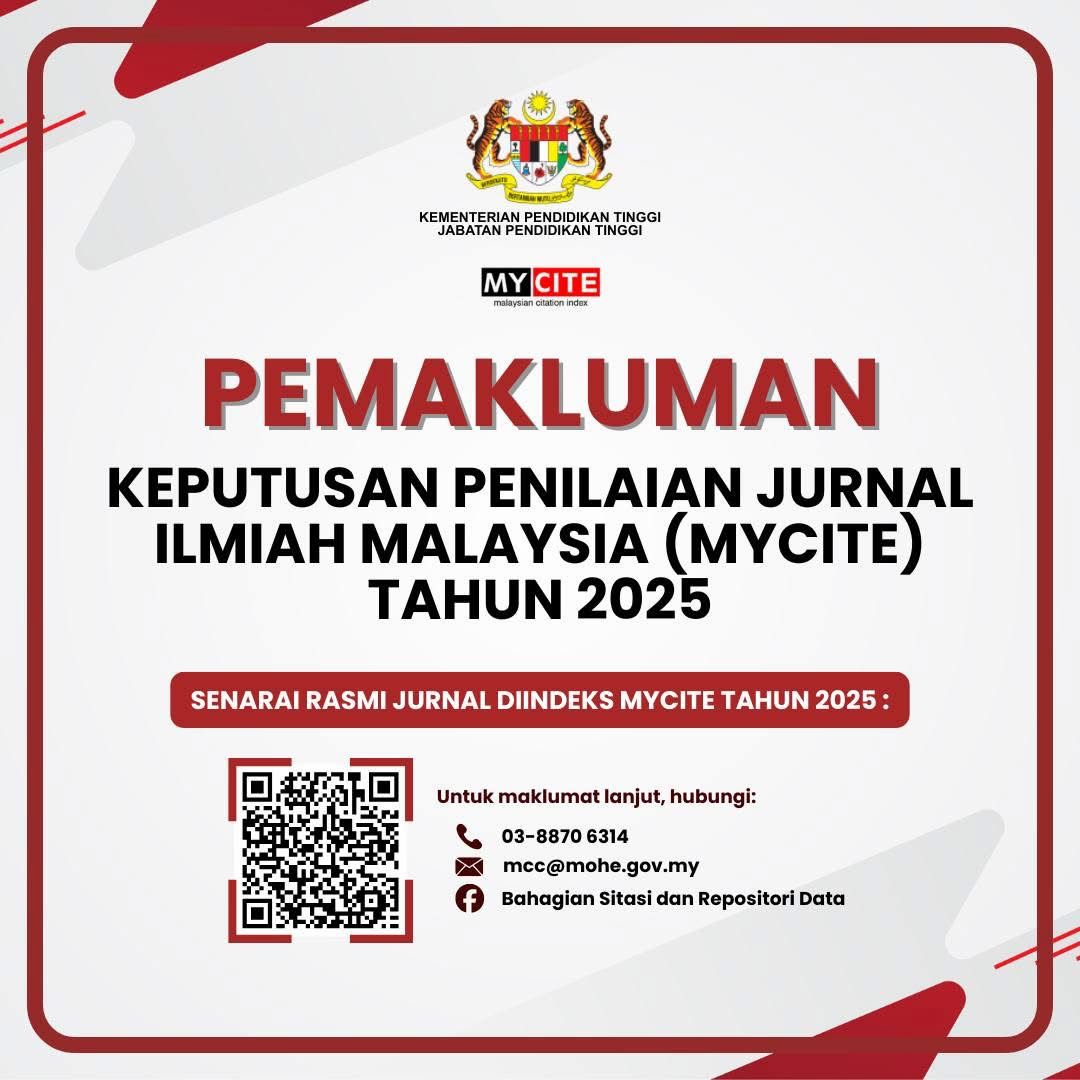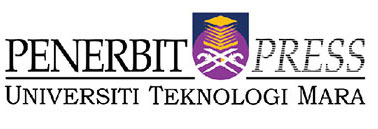Transformasi Digital dalam Komunikasi Organisasi: Peranan Canva dalam Menyokong Tugasan Visual Staf UiTM
DOI:
https://doi.org/10.24191/idealogy.v10i2.799Abstract
The Canva Application Course, organised by the Infostructure Division of UiTM Cawangan Kedah on 23 April 2025, aimed to enhance digital design skills among academic and administrative staff. Conducted as a hands-on session over seven hours, the course focused on producing visual materials such as posters, presentation slides, animations, and QR code generation using Canva. A total of 32 participants attended, with 28 written feedback responses collected. This study analyses the impact of Canva usage on the professionalism of daily tasks and identifies challenges faced by participants in adopting the platform. Findings reveal that Canva enhances the quality of visual presentations and facilitates the preparation of official communication materials in a more structured, creative, and engaging manner. Participants expressed high interest in continuing with an advanced series of the course. However, participants noted challenges such as limited access to advanced features, unstable internet connectivity, and the absence of standardised design templates. Recommended improvements include the provision of intermediate-level modules, development of official organisational templates, and the creation of microlearning resources such as short video tutorials. This analysis demonstrates that Canva holds great potential as an effective work support tool in improving digital competency and visual communication among staff in higher education institutions. Similar training programmes should be continued to strengthen professional development and digital readiness across departments.
Keywords: Canva, Visual Communication, Professionalism, Visual Design Tool
References
Affandi, M. F. (n.d.). Fintek di Canva Transformasi Digital dalam Industri Kreatif.
Alia, P. A., Prayogo, J. S., Kriswibowo, R., & Febriana, R. W. (2024). Pengembangan Keterampilan
Desain Interaktif Dan Serbaguna Dalam Era Society 5.0 Dengan Menggunakan Canva. Jurnal
Pengabdian Kolaborasi dan Inovasi Ipteks, 2(3), 977-982.
https://doi.org/10.59407/jpki2.v2i3.864
Canva. (2024). The visual economy report 2024.
https://www.canva.com/design/DAGFXvrB7nY/71oYt1i9FMUGTcqbLA3Ehw/view
Idealogy Journal
Vol. 10 No. 2, 2025
421
Dewi, K. R. K., Harini, N. N. P., & Yoga, P. A. A. (2023). Pemanfaatan Canva Sebagai Media Promosi
Kreatif dan Inovatif pada Era Digital: Using Canva as a Creative and Innovative Promotion Media
in the Digital Era. PROSPEK, 2(2), 298-303.
Hasnawati, H. (2023). An Analysis of Learning Design Using the Canva Application in Information
and Communication Technology (ICT) Training. 12 Waiheru, 9(1), 75-81.
https://doi.org/10.47655/12waiheru.v9i1.143
Miranda, C., & Enciso, L. (2023, June). Use of Canva as a communication tool in the educational
process through infographics. In 2023 18th Iberian Conference on Information Systems and
Technologies (CISTI) (pp. 1-6). IEEE.
Mohd, R. (2019, August 4). Generasi digital perlu pedagogi abad ke-21. Berita Harian.
https://www.bharian.com.my/rencana/muka10/2019/08/599377/generasi-digital-perlupedagogi-abad-ke-21
Pedroso, J. E. P., Sulleza, R. V. S., Francisco, K. H. M. C., Noman, A. J. O., & Martinez, C. A. V.
(2023). Students’ views on using Canva as an all-in-one tool for creativity and collaboration.
Journal of Digital Learning and Distance Education, 2(2), 443–461.
https://doi.org/10.56778/jdlde.v2i2.117
Radzi, M. Q. A. N. A., & Sulaiman, S. (2021). Online distance learning new norm in undergraduate
graphic design education. Idealogy Journal, 6(1), 43-48.
Ramlie, M. K., Rahaman, A. A., Ahmad, A. K. A., & Abdullah, M. (2023). Inovasi kaedah
pembelajaran: perkembangan penggunaan teknologi dalam institusi pendidikan. Idealogy
Journal, 8(1), 94-103. https://doi.org/10.24191/idealogy.v8i1.407
Sabran, M. F. (2019). Video sebagai bahantara praktis seni media baru di Malaysia. Idealogy Journal,
4(1), 53-54.
Wulan, R., Saputra, S., & Baihaqi, A. D. (2025). Transformasi Pendidikan di Era Digital dengan
Memanfaatkan Canva sebagai Media Teknologi Modern dan Kreatif. Kapas: Kumpulan Artikel
Pengabdian Masyarakat, 4(1). https://doi.org/10.30998/ks.v4i1.4282
Downloads
Published
Issue
Section
License
Copyright (c) 2025 UiTM Press

This work is licensed under a Creative Commons Attribution-NonCommercial-NoDerivatives 4.0 International License.
UiTM Press (the Publisher) has agreed to publish the undersigned author’s paper in Idealogy Journal. The agreement is contingent upon the fulfilment of a number of requirements listed below.
1. The undersigned author warrants that the paper entitled below is original, that it is not in any way libellous or unlawful in Malaysia, that it does not infringe any copyright or other proprietary right. The undersigned hereby represents and warrants that he/she is the author of the paper, except for material that is clearly identified as to its original source, with permission notices from the copyright owners where required. The undersigned represents that he/she has the power and authority to sign and execute this agreement.
2. The undersigned author warrants that the paper entitled below has not been published elsewhere, and also it will not be submitted anywhere else for publication prior to acceptance/rejection by this Journal.
3. By submitting the paper entitled below, the undersigned author agrees to transfer the rights to publish and distribute the paper in an international e-journal (entitled above) to Publisher.
4. The undersigned author agrees to make a reasonable effort to conform to Publisher's submission guidelines and to liaise with the editor to ensure that the requirements of these guidelines are met to a reasonable degree.
5. The corresponding author signs for and accepts responsibility for releasing this material on behalf of any and all coauthors. This agreement is to be signed by at least one of the authors who has obtained the assent of the co-author(s) where applicable. After submission of this agreement signed by the corresponding author, changes of authorship or in the order of the authors listed will not be accepted.




